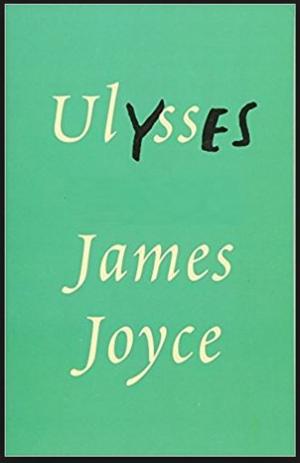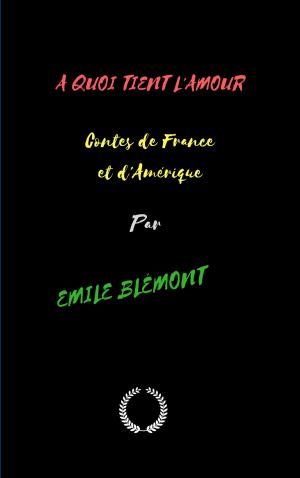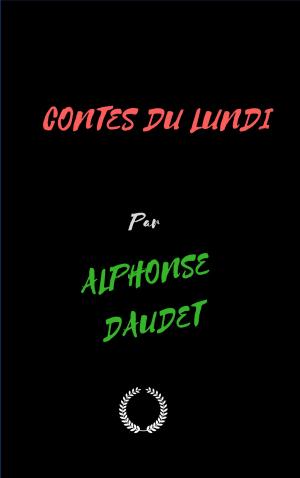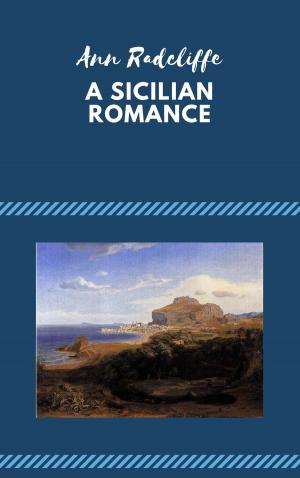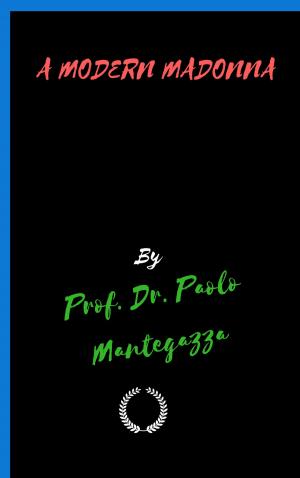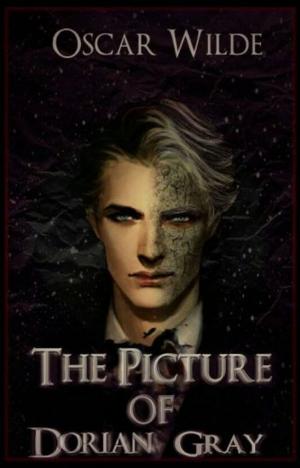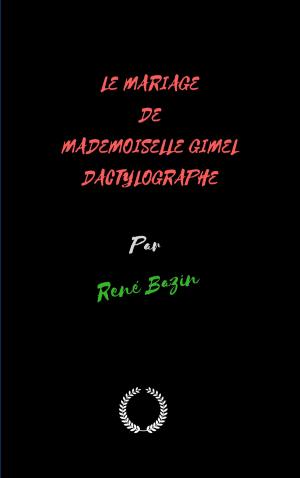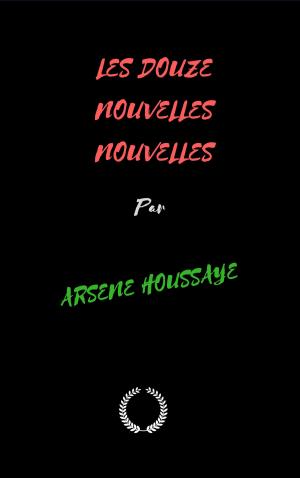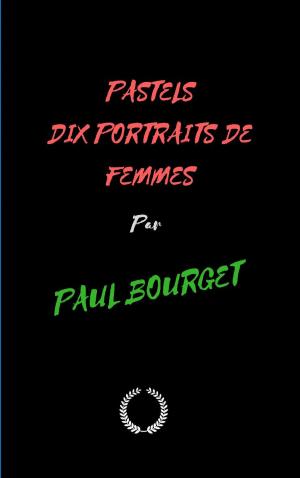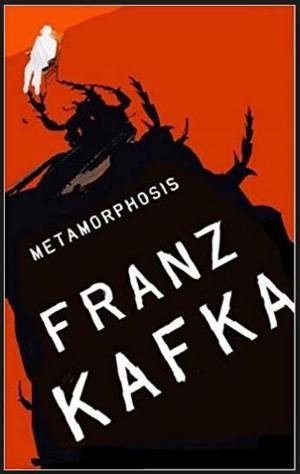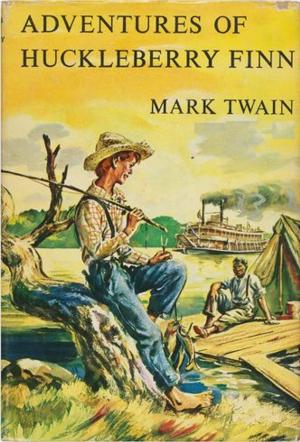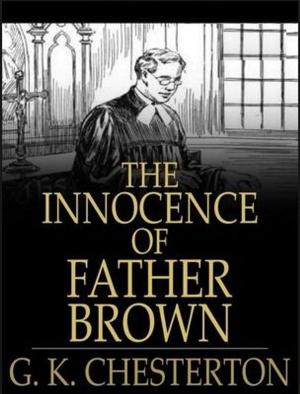| Author: | JOSEPH SHERIDAN LE FANU | ISBN: | 1230002425740 |
| Publisher: | Jwarlal | Publication: | July 13, 2018 |
| Imprint: | Language: | English |
| Author: | JOSEPH SHERIDAN LE FANU |
| ISBN: | 1230002425740 |
| Publisher: | Jwarlal |
| Publication: | July 13, 2018 |
| Imprint: | |
| Language: | English |
A dark autumnal night had closed over the old city of Dublin, and the wind was blustering in hoarse gusts through the crowded chimney-stacks—careening desolately through the dim streets, and occasionally whirling some loose tile or fragment of plaster from the house tops. The streets were silent and deserted, except when occasionally traversed by some great man's carriage, thundering and clattering along the broken pavement, and by its passing glare and rattle making the succeeding darkness and silence but the more dreary. None stirred abroad who could avoid it; and with the exception of such rare interruptions as we have mentioned, the storm and darkness held undisputed possession of the city. Upon this ungenial night, and somewhat past the hour of ten, a well-mounted traveller rode into the narrow and sheltered yard of the "Cock and Anchor;" and having bestowed upon the groom who took the bridle of his steed such minute and anxious directions as betokened a kind and knightly tenderness for the comforts of his good beast, he forthwith entered the public room of the inn—a large and comfortable chamber, having at the far end a huge hearth overspanned by a broad and lofty mantelpiece of stone, and now sending forth a warm and ruddy glow, which penetrated in genial streams to every recess and corner of the room, tinging the dark wainscoting of the walls, glinting red and brightly upon the burnished tankards and flagons with which the cupboard was laden, and playing cheerily over the massive beams which traversed the ceiling. Groups of men, variously occupied and variously composed, embracing all the usual company of a well frequented city tavern—from the staid and sober man of business, who smokes his pipe in peace, to the loud disputatious, half-tipsy town idler, who calls for more flagons than he can well reckon, and then quarrels with mine host about the shot—were disposed, some singly, others in social clusters, in cosy and luxurious ease at the stout oak tables which occupied the expansive chamber. Among these the stranger passed leisurely to a vacant table in the neighbourhood of the good fire, and seating himself thereat, doffed his hat and cloak, thereby exhibiting a finely proportioned and graceful figure, and a face of singular nobleness and beauty. He might have seen some thirty summers—perhaps less—but his dark and expressive features bore a character of resolution and melancholy which seemed to tell of more griefs and perils overpast than men so young in the world can generally count.
The new-comer, having thrown his hat and gloves upon the table at which he had placed himself, stretched his stalwart limbs toward the fire in the full enjoyment of its genial influence, and advancing the heels of his huge jack boots nearly to the bars, he seemed for a time wholly lost in the comfortable contemplation of the red embers which flickered, glowed, and shifted before his eyes. From his quiet reverie he was soon recalled by mine host in person, who, with all courtesy, desired to know "whether his honour wished supper and a bed?" Both questions were promptly answered in the affirmative: and before many minutes the young horseman was deep in the discussion of a glorious pasty, flanked by a flagon of claret, such as he had seldom tasted before. He had scarcely concluded his meal, when another traveller, cloaked, booted, and spurred, and carrying under his arm a pair of long horse-pistols, and a heavy whip, entered the apartment, walked straight up to the fire-place, and having obtained permission of the cavalier already established there to take share of his table, he deposited thereon the formidable weapons which he carried, cast his hat, gloves, and cloak upon the floor, and threw himself luxuriously into a capacious leather-bottomed chair which confronted the cheery fire.
A dark autumnal night had closed over the old city of Dublin, and the wind was blustering in hoarse gusts through the crowded chimney-stacks—careening desolately through the dim streets, and occasionally whirling some loose tile or fragment of plaster from the house tops. The streets were silent and deserted, except when occasionally traversed by some great man's carriage, thundering and clattering along the broken pavement, and by its passing glare and rattle making the succeeding darkness and silence but the more dreary. None stirred abroad who could avoid it; and with the exception of such rare interruptions as we have mentioned, the storm and darkness held undisputed possession of the city. Upon this ungenial night, and somewhat past the hour of ten, a well-mounted traveller rode into the narrow and sheltered yard of the "Cock and Anchor;" and having bestowed upon the groom who took the bridle of his steed such minute and anxious directions as betokened a kind and knightly tenderness for the comforts of his good beast, he forthwith entered the public room of the inn—a large and comfortable chamber, having at the far end a huge hearth overspanned by a broad and lofty mantelpiece of stone, and now sending forth a warm and ruddy glow, which penetrated in genial streams to every recess and corner of the room, tinging the dark wainscoting of the walls, glinting red and brightly upon the burnished tankards and flagons with which the cupboard was laden, and playing cheerily over the massive beams which traversed the ceiling. Groups of men, variously occupied and variously composed, embracing all the usual company of a well frequented city tavern—from the staid and sober man of business, who smokes his pipe in peace, to the loud disputatious, half-tipsy town idler, who calls for more flagons than he can well reckon, and then quarrels with mine host about the shot—were disposed, some singly, others in social clusters, in cosy and luxurious ease at the stout oak tables which occupied the expansive chamber. Among these the stranger passed leisurely to a vacant table in the neighbourhood of the good fire, and seating himself thereat, doffed his hat and cloak, thereby exhibiting a finely proportioned and graceful figure, and a face of singular nobleness and beauty. He might have seen some thirty summers—perhaps less—but his dark and expressive features bore a character of resolution and melancholy which seemed to tell of more griefs and perils overpast than men so young in the world can generally count.
The new-comer, having thrown his hat and gloves upon the table at which he had placed himself, stretched his stalwart limbs toward the fire in the full enjoyment of its genial influence, and advancing the heels of his huge jack boots nearly to the bars, he seemed for a time wholly lost in the comfortable contemplation of the red embers which flickered, glowed, and shifted before his eyes. From his quiet reverie he was soon recalled by mine host in person, who, with all courtesy, desired to know "whether his honour wished supper and a bed?" Both questions were promptly answered in the affirmative: and before many minutes the young horseman was deep in the discussion of a glorious pasty, flanked by a flagon of claret, such as he had seldom tasted before. He had scarcely concluded his meal, when another traveller, cloaked, booted, and spurred, and carrying under his arm a pair of long horse-pistols, and a heavy whip, entered the apartment, walked straight up to the fire-place, and having obtained permission of the cavalier already established there to take share of his table, he deposited thereon the formidable weapons which he carried, cast his hat, gloves, and cloak upon the floor, and threw himself luxuriously into a capacious leather-bottomed chair which confronted the cheery fire.

